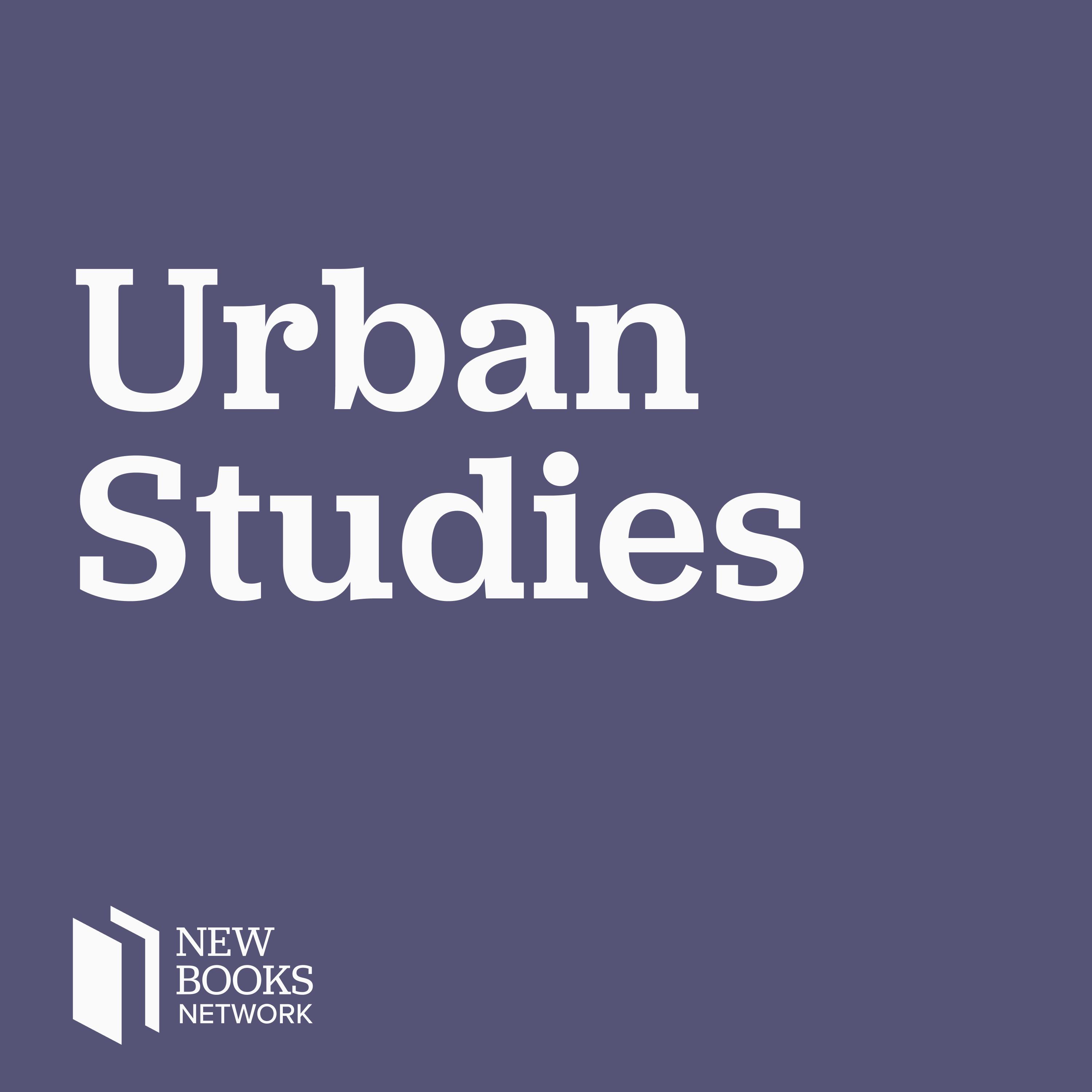Mark R. Beissinger, "The Revolutionary City: Urbanization and the Global Transformation of Rebellion" (Princeton UP, 2022)
Description
Examining the changing character of revolution around the world, The Revolutionary City: Urbanization and the Global Transformation of Rebellion (Princeton UP, 2022) focuses on the impact that the concentration of people, power, and wealth in cities exercises on revolutionary processes and outcomes. Once predominantly an urban and armed affair, revolutions in the twentieth century migrated to the countryside, as revolutionaries searched for safety from government repression and discovered the peasantry as a revolutionary force. But at the end of the twentieth century, as urban centers grew, revolution returned to the city―accompanied by a new urban civic repertoire espousing the containment of predatory government and relying on visibility and the power of numbers rather than arms.
Using original data on revolutionary episodes since 1900, public opinion surveys, and engaging examples from around the world, Mark Beissinger explores the causes and consequences of the urbanization of revolution in the late twentieth and early twenty-first centuries. Beissinger examines the compact nature of urban revolutions, as well as their rampant information problems and heightened uncertainty. He investigates the struggle for control over public space, why revolutionary contention has grown more pacified over time, and how revolutions involving the rapid assembly of hundreds of thousands in central urban spaces lead to diverse, ad hoc coalitions that have difficulty producing substantive change.
The Revolutionary City provides a new understanding of how revolutions happen and what they might look like in the future.
Learn more about your ad choices. Visit megaphone.fm/adchoices
More Episodes
From Broadway to the Bronx: New York City’s History through Song (Intellect, 2024) tells the history of New York City in song across a variety of different genres that the city has been home to and instrumental in developing, covering everything from early twentieth-century sheet music to...
Published 11/25/24
Published 11/25/24
They call it Spanish Harlem or sometimes just El Barrio. But for over a century, East Harlem has been a melting pot of many ethnic groups, including Puerto Rican, Dominican, Cuban, and Mexican immigrants, as well as Italian, Jewish, and African American communities. Though gentrification is...
Published 11/20/24


